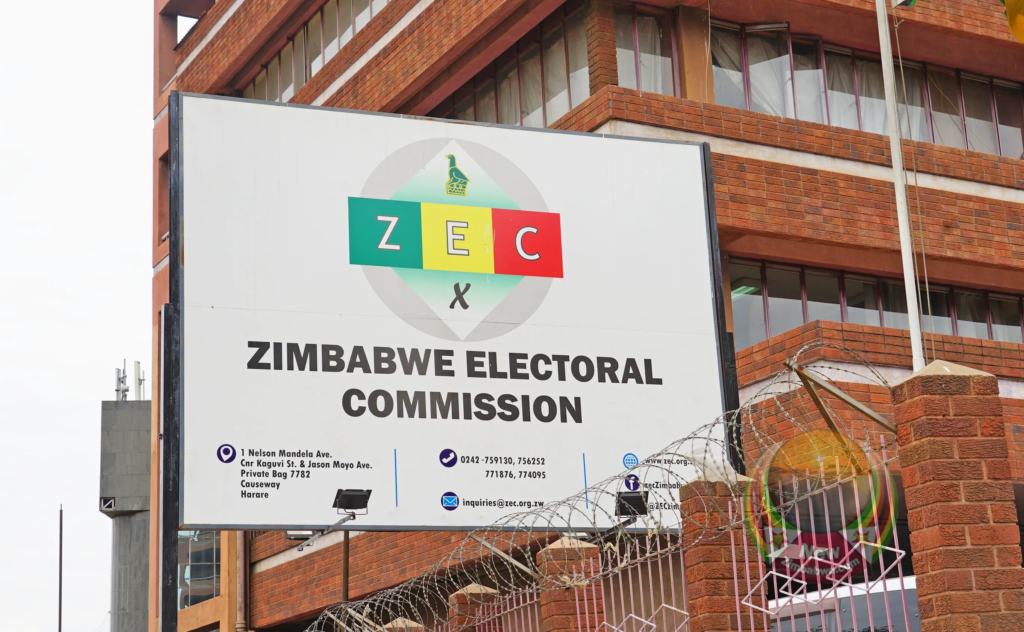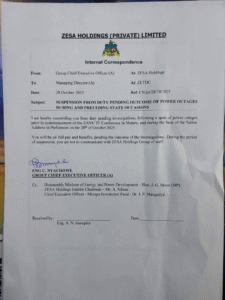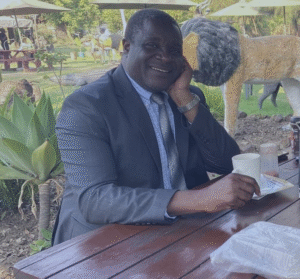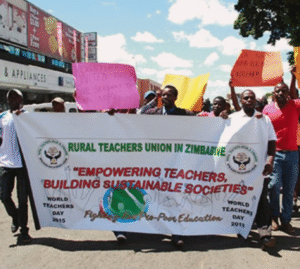UNCERTAINTY SHADOWS ZIMBABWE’S UPCOMING ELECTIONS: PUBLIC CONFIDENCE IN ELECTORAL BODY AT A PRECARIOUS 47%
A recent study by Afrobarometer has highlighted the substantial trust deficit amongst Zimbabwean voters concerning the Zimbabwe Electoral Commission (ZEC). Only 47% of the population express confidence in the commission’s ability to conduct credible elections.
This mistrust is underscored by the controversial 2018 elections which, as per the respondents of the study, were marred by unfairness. Incumbent Zanu-PF’s president Emmerson Mnangagwa garnered a narrow 50.8% victory over his main opponent, Nelson Chamisa from the Movement for Democratic Change Alliance, who secured 44.3% of the votes. The delay in announcing the results, which took three days, added to the public’s apprehensions.

Currently, the focus has shifted back to the upcoming electoral face-off between Mnangagwa and Chamisa, slated to take place between 26 July and 26 August.
Adding to the already mounting concerns, the ZEC is in the line of fire due to the non-disclosure of the voters’ roll. The commission’s explanation revolves around the protection of public’s private data in accordance with the Data Protection Act.
ZEC chairperson, Priscilla Chigumba, emphasised this in a recent parliamentary committee, remarking that the Act places an onus on the commission to ensure the safe dissemination of voters’ data. This statement was a response to a legal challenge by opposition legislator, Allan Norman “Rusty” Markham, which was rejected by the High Court.
ZEC’s recent communication reveals an increase in registered voters from five million in 2018 to six million. Meanwhile, Zanu-PF aims to capture the majority of these voters, targeting five million, effectively leaving the opposition to vie for the remaining one million.
In the recently concluded primary election, Zanu-PF claimed that three million people participated, a figure touted as a demonstration of its electoral strength.
Interestingly, the Afrobarometer study indicates that for most Zimbabweans, the determining factor in their voting choice would be policy promises. The study also noted a provincial bias amongst voters towards their local candidates.
An encouraging finding is the public’s democratic inclination, with a whopping 81% advocating that the election loser should accept defeat and collaborate with the winning party in the country’s development. This inclination towards unity and cooperation indicates a potential shift away from the election-related violence and disputes that have marred Zimbabwe’s political landscape since the turn of the century.
Recent history is rife with incidents of conflict, including the violent post-election fallout captured on live television after the 2017 coup against former President Robert Mugabe. Nelson Chamisa contested these results in court and lost, and he has yet to recognise Mnangagwa as a legitimate president.
In a pre-emptive move, President Mnangagwa has issued warnings against inviting observers from “hostile” nations, accusing them of undermining Zimbabwe’s democracy.
Yet, despite these challenges, the public’s faith in democratic processes persists. Afrobarometer’s report indicates that 59% of the citizens believe their elections are efficient in facilitating the removal of underperforming leaders. Additionally, 53% feel that members of parliament accurately represent the voters’ views. Moreover, a significant 73% emphasise the need for multiple political parties to ensure voters have a real choice.
Thus, amidst a climate of doubt and political turbulence, the determination of Zimbabweans to uphold the values of democracy remains a beacon of hope for the nation’s future.




